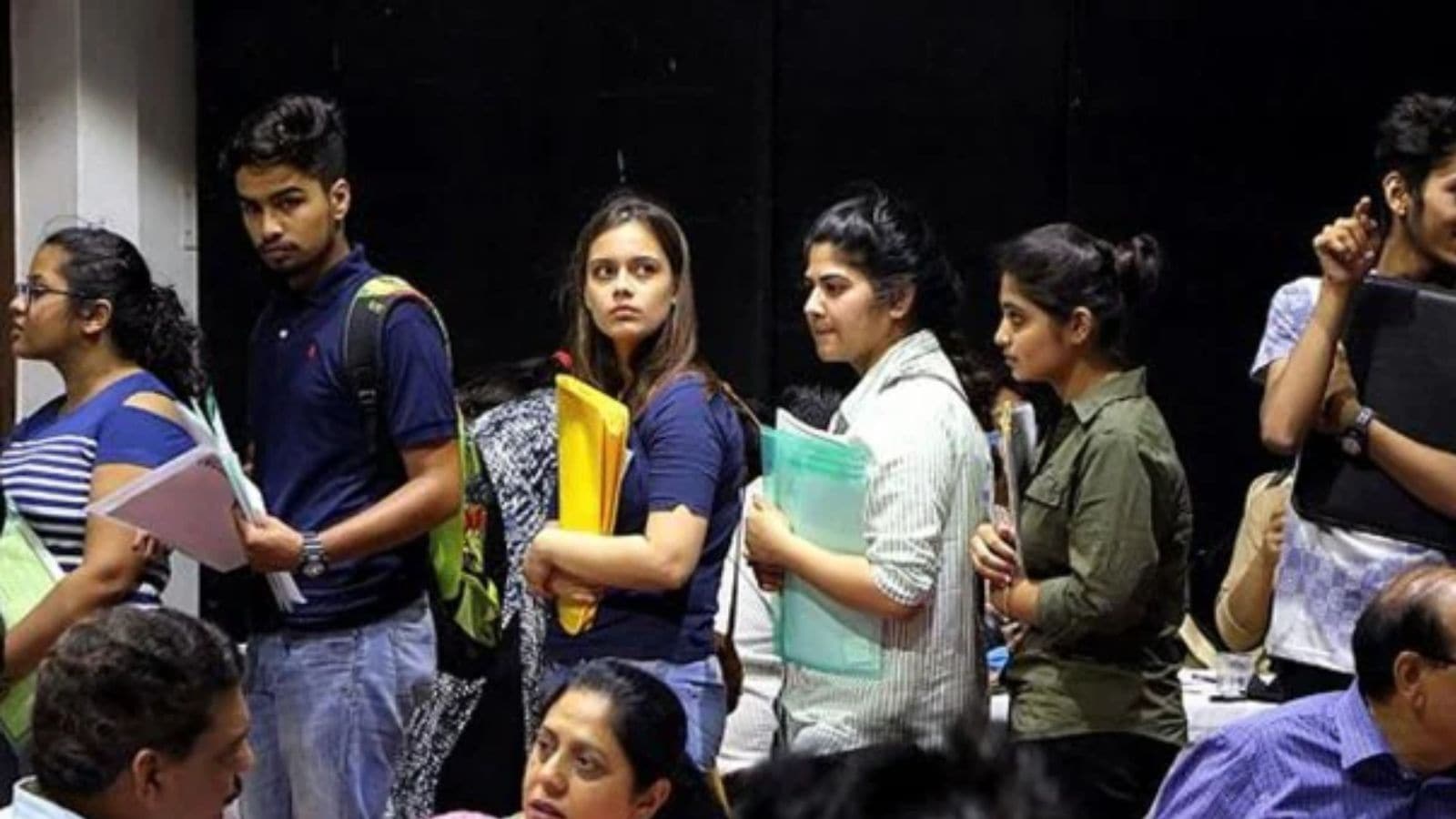 |
|
The Supreme Court of India delivered a significant ruling on Friday, granting permission for students who withdrew from their courses between November 5th and 18th, 2024, to register for the Joint Entrance Examination (JEE) Advanced. This decision stemmed from a controversial change in eligibility criteria for the exam announced by the Joint Admission Board (JAB). Initially, the JAB press release on November 5th, 2024, stated that students who passed their Class 12 board exams in 2023, 2024, and 2025 would be eligible for JEE Advanced. However, this announcement was retracted thirteen days later, on November 18th, 2024, limiting eligibility to students who passed their Class 12 exams in 2024 or 2025. This sudden shift in policy left many students in a precarious position.
The Court's decision underscores the principle of fairness and protects students who acted in good faith based on the initial announcement. The Supreme Court recognized that the initial press release constituted a promise to the students, and the subsequent withdrawal of this promise would unfairly disadvantage those who had already altered their academic plans based on the original eligibility criteria. The court explicitly stated that students who dropped out of their courses during this 13-day window, believing they would be eligible to take the JEE Advanced, should not be penalized for relying on the JAB's initial statement. This ruling effectively prevents the JAB's retracted policy from negatively impacting students who acted upon its previous declaration. The court carefully emphasized that its ruling does not pass judgment on the merits of the JAB's decision to modify the eligibility criteria, but rather focuses on mitigating the negative consequences experienced by those students who were directly affected by the inconsistent information.
The Solicitor General, Tushar Mehta, representing the JAB, argued that until this year, students had only two attempts to take the JEE Advanced. The JAB initially considered expanding eligibility to three years but later reversed this decision, citing concerns that students with three chances were prioritizing JEE preparation over their current coursework. The court acknowledged the JAB's reasoning without explicitly endorsing it, focusing instead on the immediate injustice suffered by students who acted on the initial, albeit subsequently retracted, announcement. The implication is that the JAB’s intentions, while possibly well-meaning, did not justify overriding the reliance interests of the affected students. The Supreme Court's decision provides a crucial precedent for future policy changes, emphasizing the need for clarity and consistency in disseminating information that significantly impacts students' academic pathways. The court's measured approach – addressing the specific harm caused by the policy change without judging the merits of the policy itself – highlights the judicial balance between upholding institutional decisions and protecting individual rights.
This case highlights the importance of transparent and consistent communication from educational boards and governing bodies. The abrupt change in policy caused significant disruption and uncertainty for numerous students, highlighting the potential for significant negative consequences when administrative bodies fail to provide clear and consistent guidelines. The court's decision to allow the affected students to register for JEE Advanced serves as a significant victory for student rights and demonstrates the judiciary's role in ensuring fairness and mitigating the impact of potentially harmful policy changes. The event serves as a valuable lesson for future policy implementation, urging for meticulous planning, transparent communication, and consideration for the potential impact on those affected by such decisions. The long-term impact of this ruling will likely extend beyond immediate legal implications, prompting a re-evaluation of how such policy changes are announced and implemented to prevent similar situations in the future.
